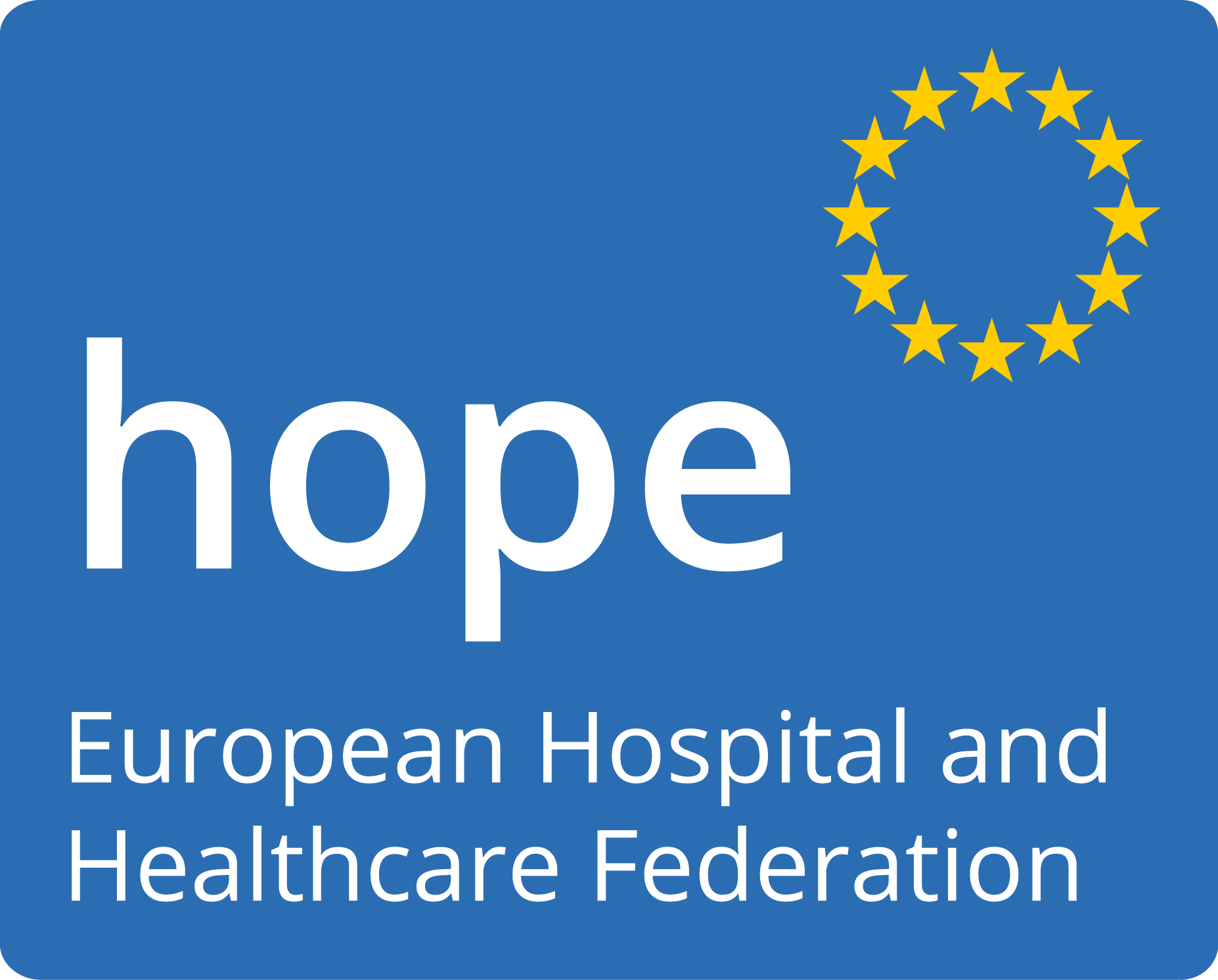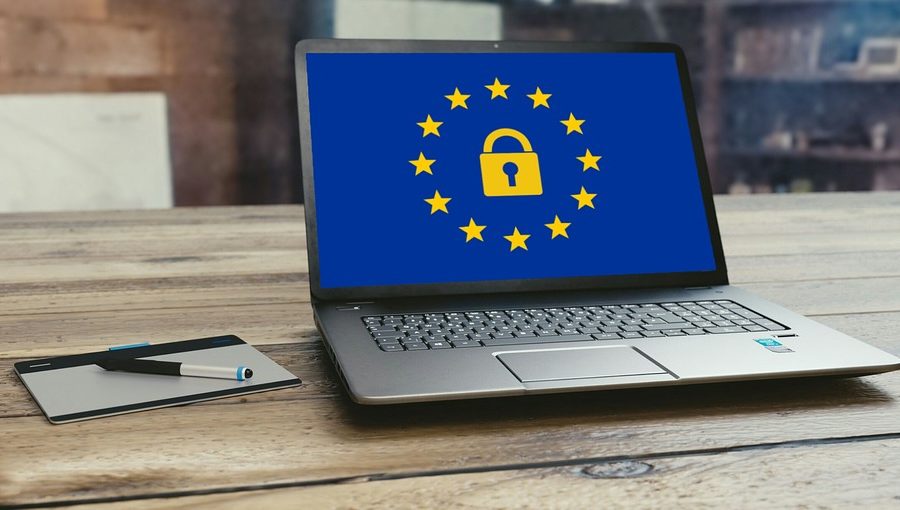In January 2017 the Commission published in an ePrivacy package including a proposal for a Regulation that concerns healthcare providers.
The measures presented by the Commission aim to update current rules, extending their scope to all electronic communication providers. They also aim to create new possibilities to process communication data and reinforce trust and security in the Digital Single Market. At the same time, the proposal aligns the rules for electronic communications with the new world-class standards of the EU’s General Data Protection Regulation.
HOPE released a Position Paper on ePrivacy and identified several issues related to healthcare:
• Public networks will need to comply with the new legislation;
• Healthcare providers contacting their patients by text / email using a public network will have to comply;
The main concerns are related to few provisions of the proposal that, according to HOPE, should include some restriction, for health purposes, public health and social security reasons. For example to make sure that emergency services have enough breathing space to be able to do what they need to do to respond to a person in a medical emergency or data. Also, access to some metadata (ie location data) might be needed from public electronic communications in order to see peak times and locations of A&E services for example.
In the European Parliament, the draft regulation was assigned to the Civil Liberties Committee (LIBE). The European Parliament adopted a report in October 2017 aimed at strengthening the confidentiality of communications including in machine-to-machine communications. It was presented by the initial rapporteur MEP Marju Lauristin (Estonia, S&D). The current rapporteur is Birgit Sippel (Germany, S&D).
In the Council, the discussions were blocked until July 2020, where the German Presidency published its first discussion paper. But national delegations rejected a revised version of the paper and on 23 November 2020 the German Presidency presented its progress report.
On 5 January 2021, the Portuguese Presidency presented a new draft version of the regulation. On 10 February 2021, the Council’s Permanent Representatives Committee (Coreper) agreed on a mandate for negotiations with the European Parliament.

